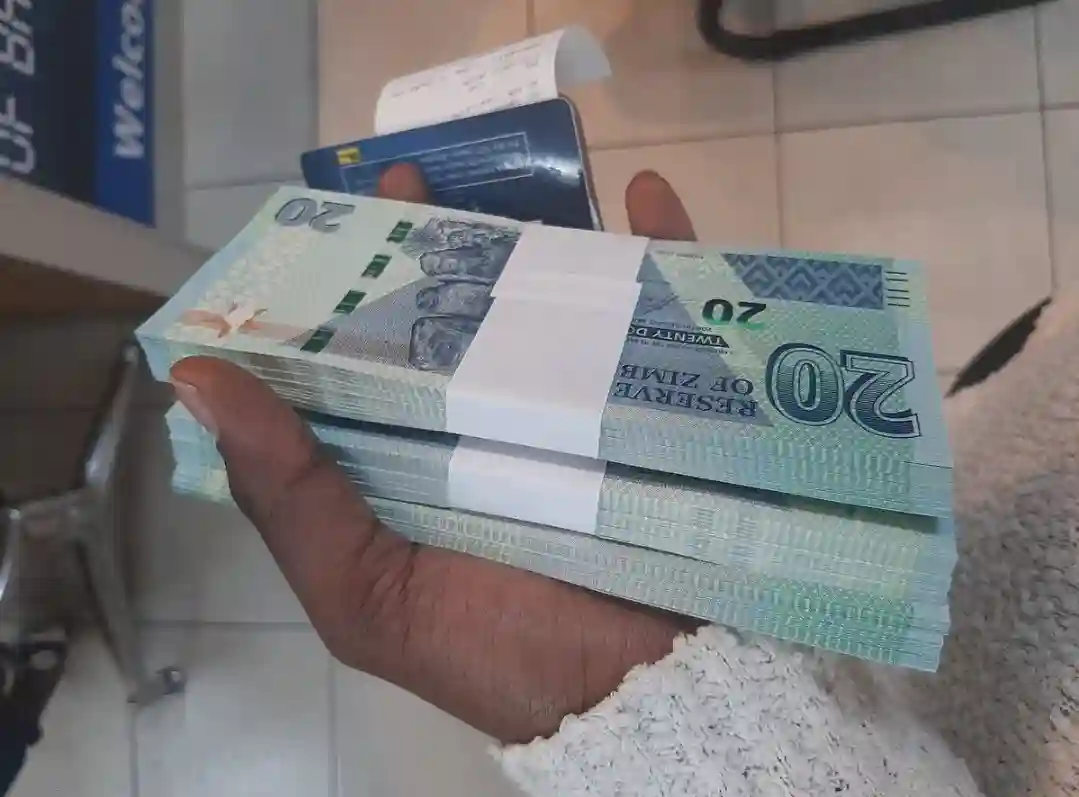Captains of industry say the deteriorating economic situation and the rapid depreciation of the Zimbabwe dollar is attributable to the creation of “hot money”.
“Hot money” is a form of short-term investing in which investors move their money between financial markets to take advantage of interest rate fluctuations. It is “hot” because it tends not to stay in one market very long.
Market analysts are of the view that large payments to public contractors and suppliers to the Government are some of the sources of the excess liquidity that is shaking the Zimbabwe dollar.
The local currency has fallen to $1 888/US$1 on the official interbank market and more than $3000/US$1 on the parallel market.
Kurai Matsheza, who is the president of Zimbabwe’s largest industrial lobby group, the Confederation of Zimbabwe Industries (CZI), believes that “hot money” is being created in the economy. He was recently quoted by Business Weekly as saying:
Our suspicion is that it (volatility) can only come from one source; there is (too much Zimbabwe dollar) money chasing the US dollar. As businesses, we do not create money.
So, who is creating this money? We do not know, but we are engaging the authorities to say guys, let’s identify the cause.
But it can only be one way; people have money that is creating this run on the exchange rate.
Some projections are saying we are going to hit US$13 billion this year. So, on the (forex) generation side, there seems not to be a problem.
So, somebody is creating money that is chasing the US dollars.
We are creating hot money nobody wants to hold that Zimbabwe dollar (for long).
As soon as someone gets the (Zimbabwe dollar) money, they want to (quickly) pass it on.
However, the Ministry of Finance and Economic Development insists it has not printed money since 2017. Said Treasury Secretary George Guvamatanga:
I will categorically state that since I came into this office, I have never printed money.
Since I came into this office, I have never borrowed even a dollar from the Reserve Bank.
Despite the fact that within the Finance Act, we put a provision that (Treasury) can borrow up to 5 percent of my total budget, but I had an opportunity last year to borrow.
I was in a tight situation and needed temporary accommodation for 24 hours from the Reserve Bank.
My team here refused me to borrow, and that’s how disciplined we have been, so when I pay contractors, that is why we monitor M3 and Reserve Money…, there is no money printing.
What simply happens is that what increases is the velocity of money. The velocity when I have the money here at Treasury, and the velocity when in your account… it is different.
The velocity of money is a measurement of the rate at which money is exchanged in an economy.
It is the number of times that money moves from one entity to another, or how much a unit of currency is used in a given period of time. Added Guvamatanga:
As long as I pay from revenue generated from taxes and I am not borrowing from the Reserve Bank of Zimbabwe that should never be an issue at all, because that does not increase the money supply.
More: Pindula News

